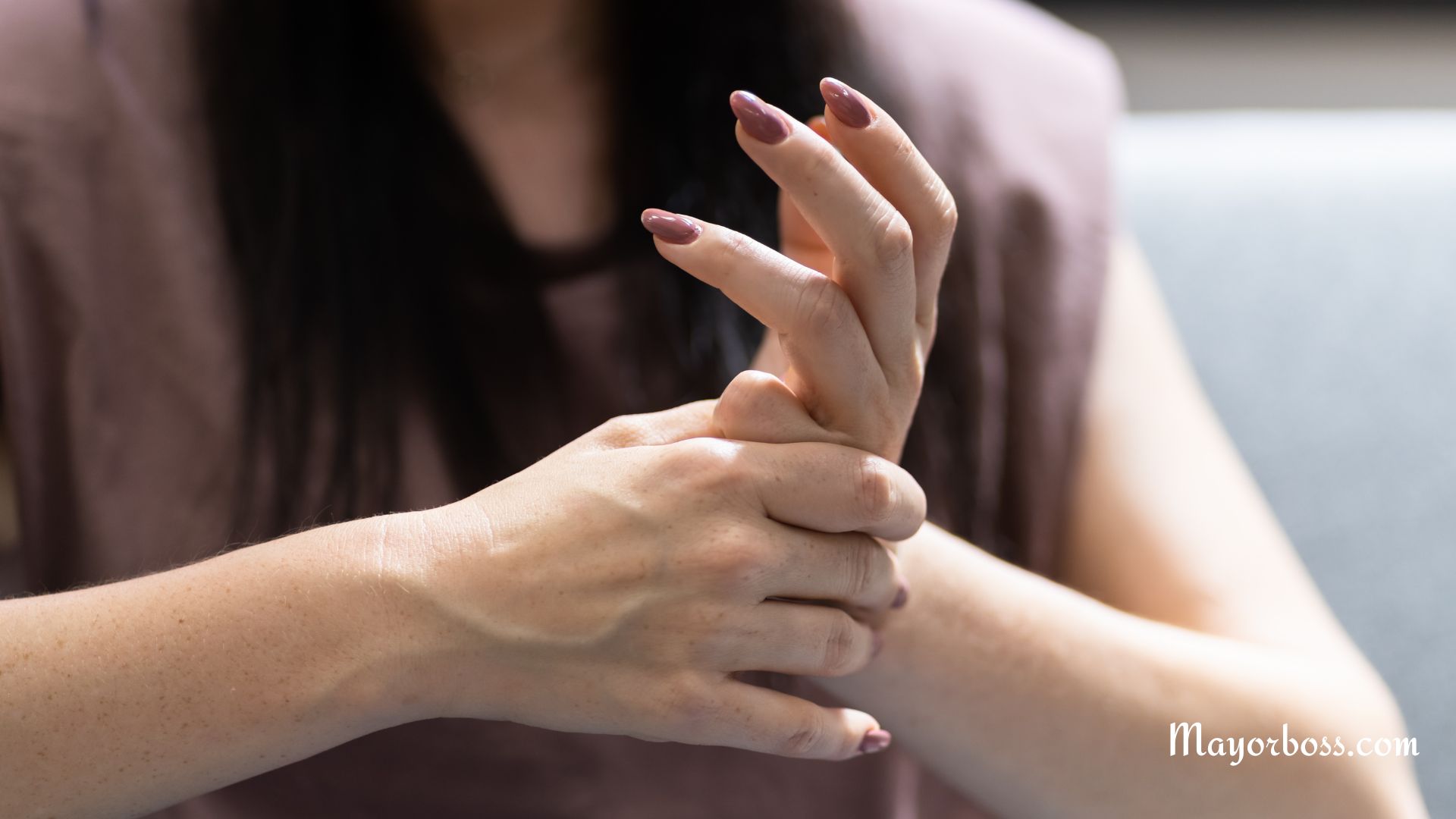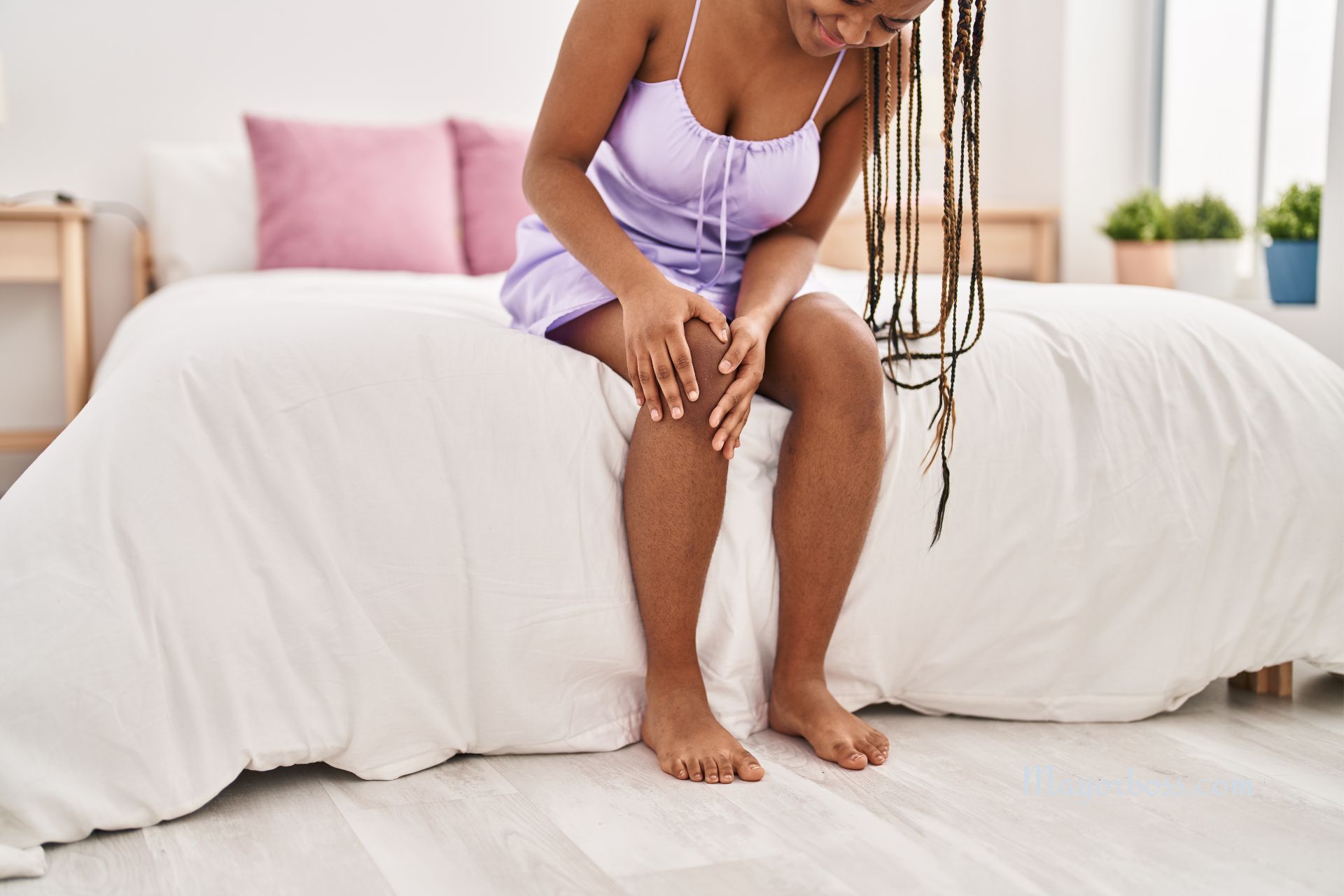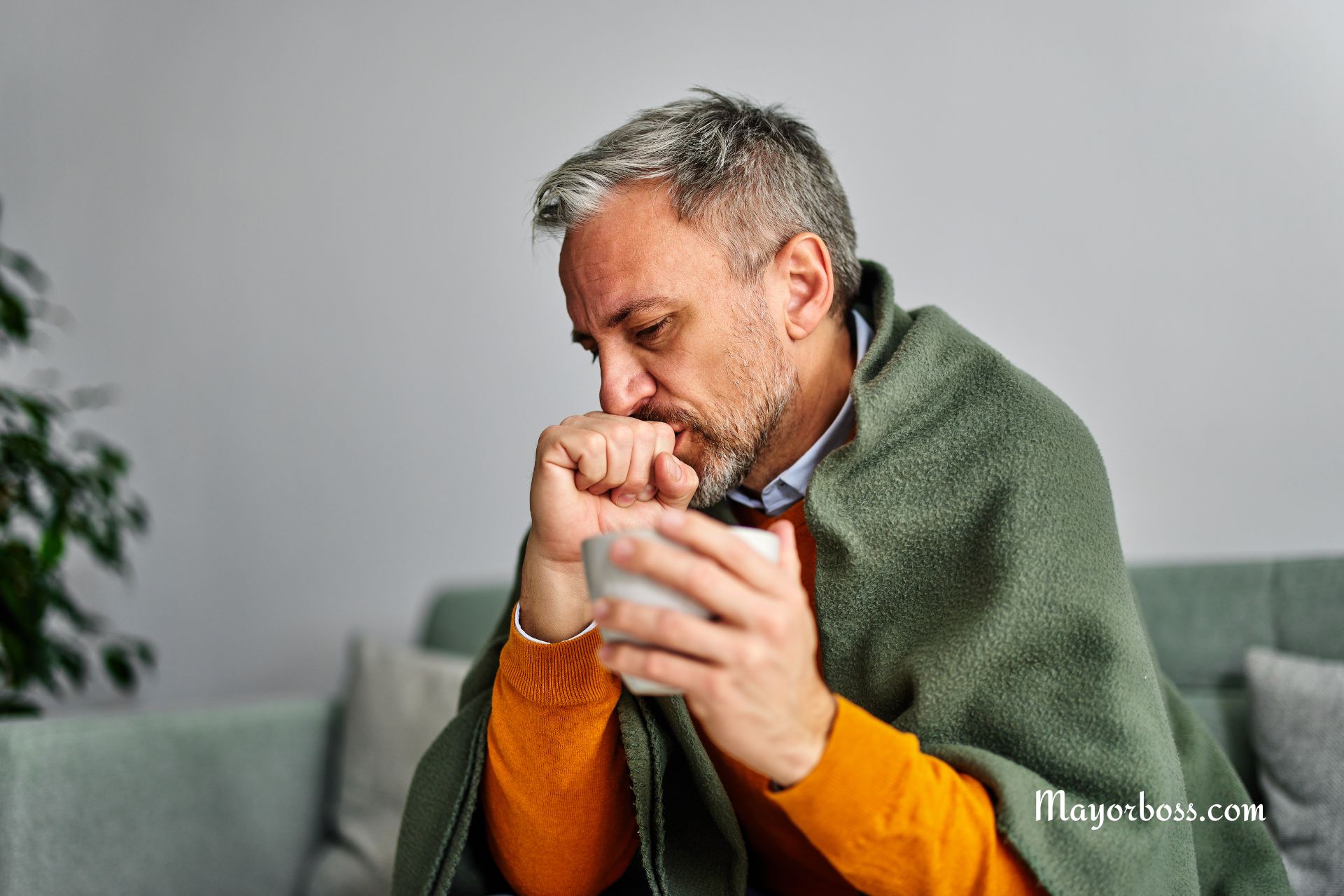Is Cracking Your Knuckles Bad for You?
Do you want to know if cracking your knuckles is bad for you? Cracking your knuckles has been a topic of debate for years. While some people believe it leads to arthritis or joint problems, current research generally indicates that it’s mostly harmless. However, frequent knuckle cracking may lead to reduced grip strength and could be annoying to those around you.

What Happens When You Crack Your Knuckles?
So, you’re sitting there, and you feel the urge to crack your knuckles. What exactly is going on inside those joints? When you pull or bend your fingers, you’re creating space in the joint filled with synovial fluid. This fluid contains dissolved gases. As you create more space, the pressure drops, and the gases come out of the solution, forming bubbles. The “pop” you hear is the sound of these bubbles bursting.
The Role of Synovial Fluid
Synovial fluid serves as a lubricant for your joints. It helps your bones glide smoothly over one another. When you crack your knuckles, you’re not causing this fluid to disappear or dry up. In fact, the fluid is still there, doing its job to keep your joints moving smoothly.
Does It Lead to Arthritis?
This is the big question most people have. According to numerous studies, there’s no definitive evidence to suggest that cracking your knuckles causes arthritis. Doctors often tell their patients that if knuckle cracking were to cause arthritis, there would be a lot more cases out there. So, in the realm of arthritis, you’re likely in the clear.
What Research Shows
One particular study tracked people who cracked their knuckles regularly for several decades and compared them to those who didn’t. The results? There was no significant difference in the rate of arthritis between the two groups. This fact seems to put to rest the idea that habitual knuckle cracking leads to arthritis.
Other Potential Concerns
Although arthritis might not be an issue, there are a few other things to consider. For example, some people report experiencing reduced grip strength after years of knuckle cracking. However, the evidence supporting this is not as robust as one might hope.
Social Implications
Moreover, while it might not harm your joints, the sound can be quite annoying to others. If you’re in a quiet place like a library or during a meeting, you might want to think twice before letting those knuckles pop.
When Should You Worry?
If cracking your knuckles is accompanied by pain, swelling, or a change in the range of motion of the joint, then it’s time to consult a healthcare professional. These could be signs of an underlying issue that requires attention.
Medical Conditions to Watch For
Conditions like osteoarthritis, rheumatoid arthritis, or joint infections can present with symptoms beyond just the occasional cracking sound. If you experience additional symptoms, it’s essential to get them checked out.
Final Thoughts
So, is cracking your knuckles bad for you? In short, probably not, at least when it comes to arthritis. However, you should be aware of other potential issues like reduced grip strength and the social implications. And, of course, if you notice any other symptoms, a trip to the healthcare provider is in order.






